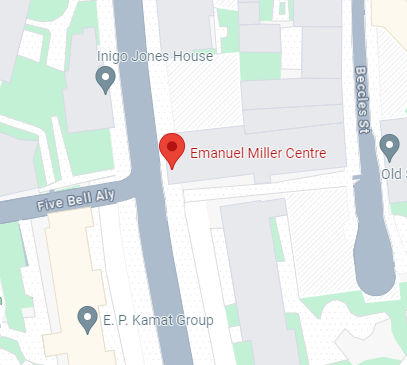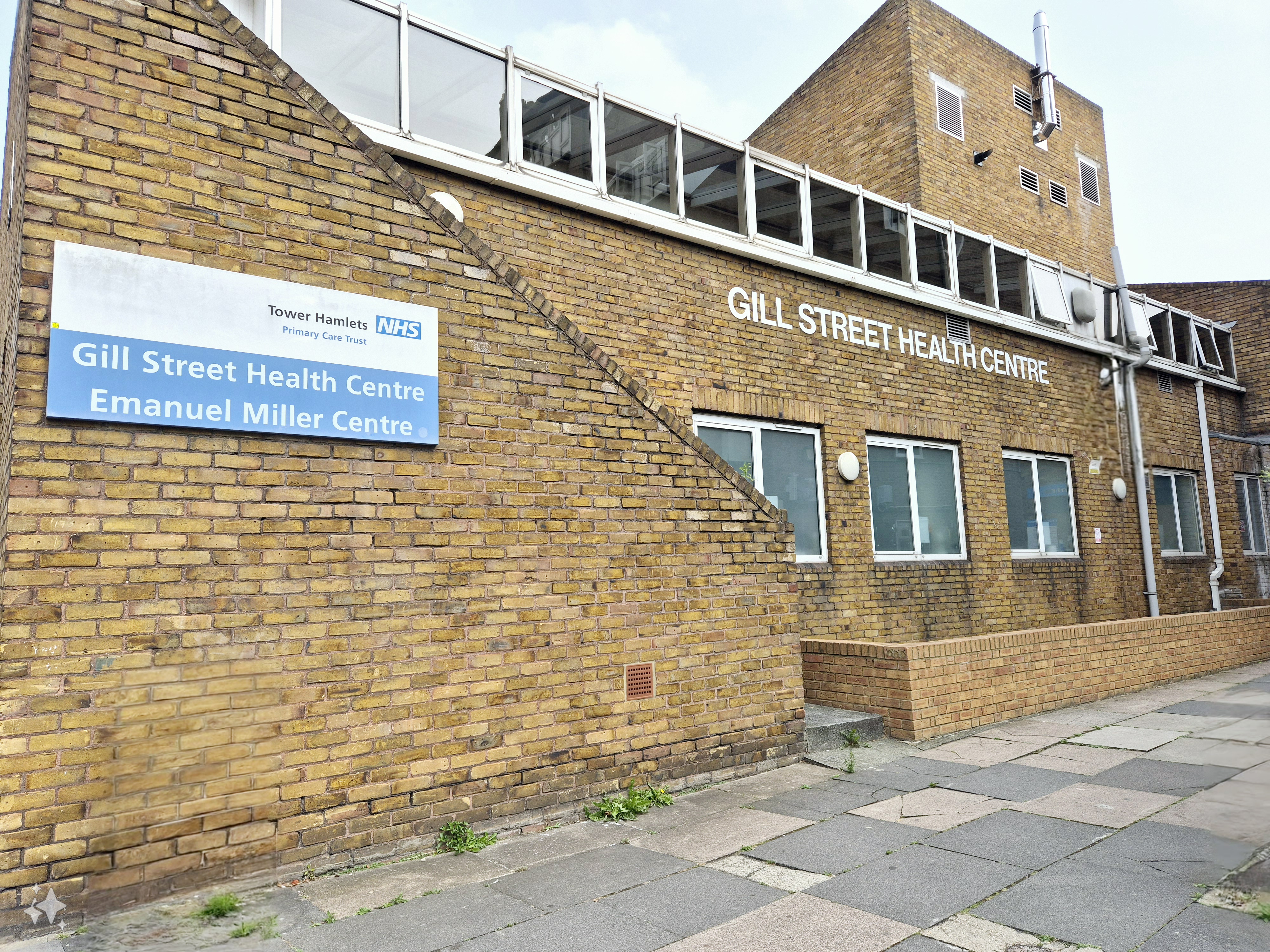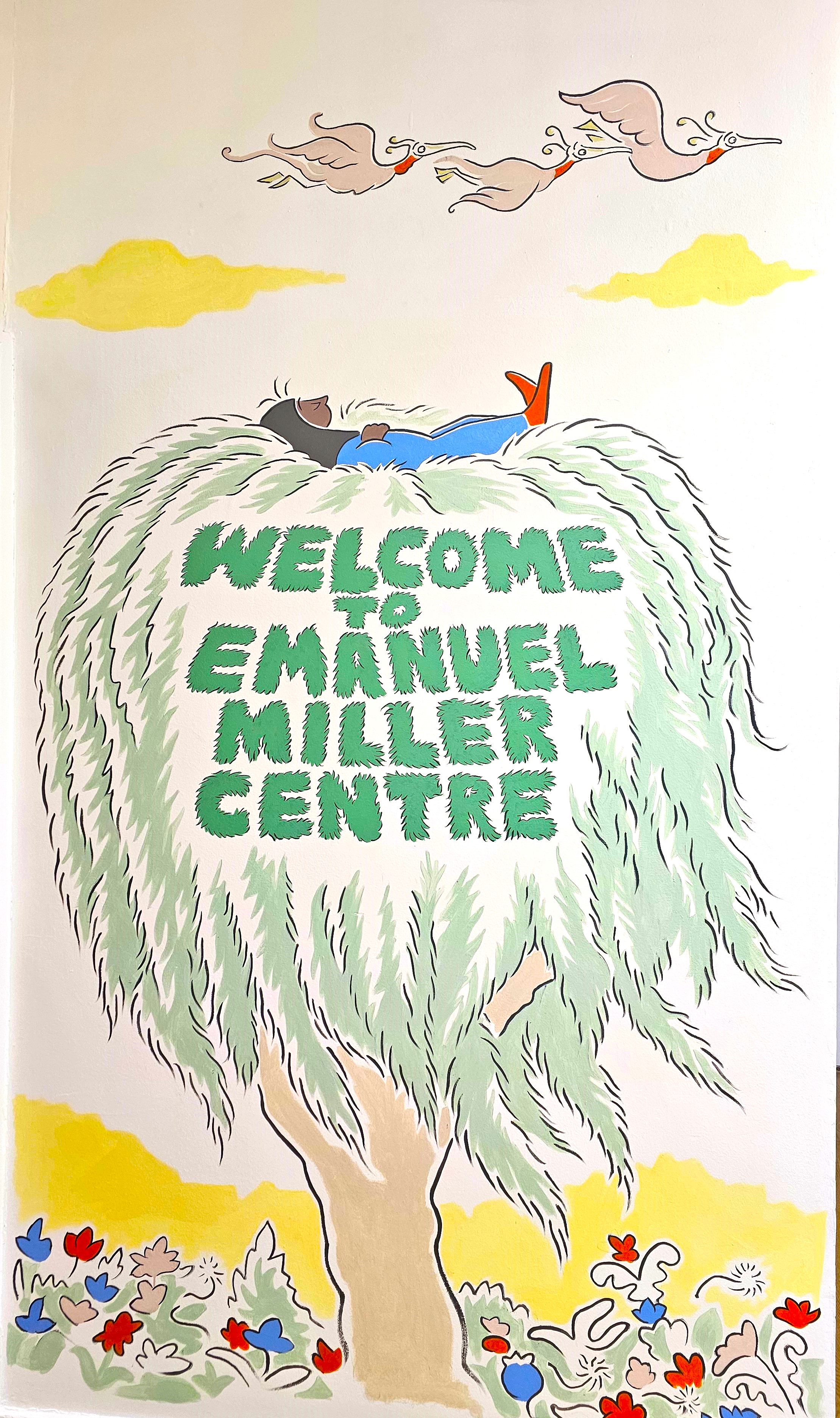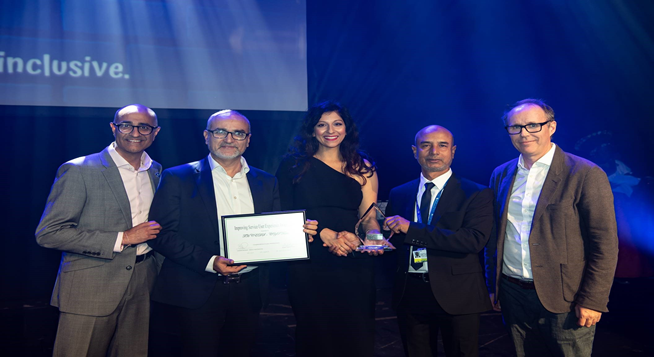Appointments
We operate using a Hub and Spoke model, offering appointments at our home base Emanuel Miller Centre (Tower Hamlets), Homerton Row (City and Hackney) and 385 Barking Road (Newham).

Getting to the Emanuel Miller Centre
By DLR: We're located just a short distance 3-minute walk from Westferry DLR station.
By Bus: Our closest bus stops are Burdett Road and Lime House Police Station. You can reach us via buses D3, 115, 15, 277, D7, and 135.
Car Parking:
Unfortunately, we do not offer parking however there is on-street parking operated by RingGo.




